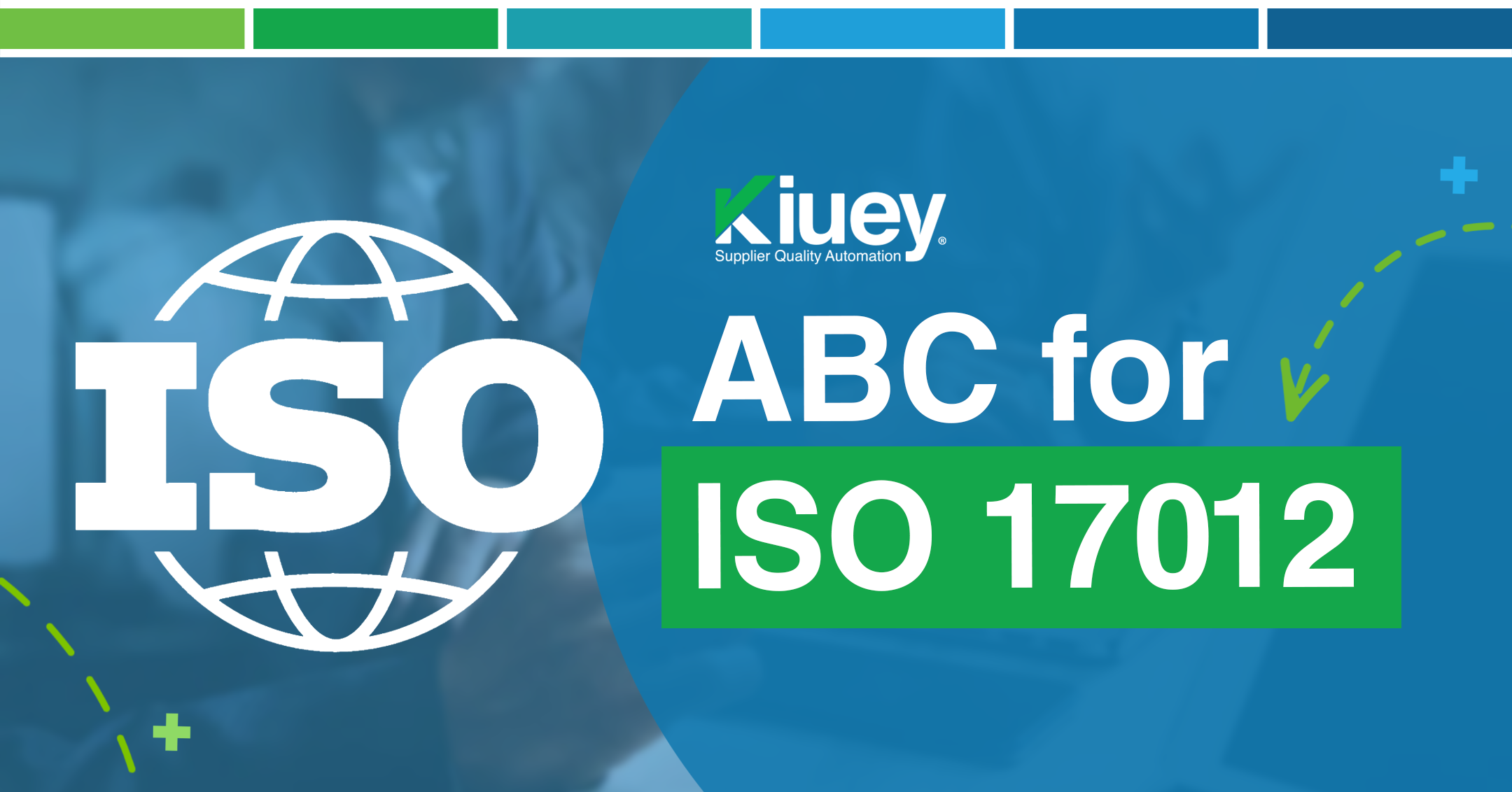
The advent of digital technologies has revolutionized various industries, and the field of quality management is no exception. Remote auditing, once a relatively uncommon practice, has become increasingly prevalent, offering a more flexible and efficient approach to assessing supplier performance. To provide a standardized framework for remote auditing activities, the International Organization for Standardization (ISO) and the International Electrotechnical Commission (IEC) jointly published ISO/IEC TS 17012:2024.
This technical specification offers valuable guidance for supplier quality engineers, providing a set of principles and guidelines for conducting effective remote audits. By adhering to the recommendations outlined in ISO/IEC TS 17012:2024, supplier quality engineers can ensure that remote audits are conducted in a consistent, reliable, and objective manner.
Key Principles of ISO/IEC TS 17012:2024
At the core of ISO/IEC TS 17012:2024 are several fundamental principles that guide the conduct of remote audits. These principles include:
- Objectivity: Remote audits must be conducted in an impartial and unbiased manner, free from any undue influence or conflicts of interest.
- Independence: The auditors conducting remote audits should maintain their independence from the audited organization, ensuring that their assessments are objective and impartial.
- Confidentiality: The information obtained during a remote audit must be treated with the utmost confidentiality, protecting the sensitive data of the audited organization.
- Competence: Auditors conducting remote audits should possess the necessary skills, knowledge, and experience to effectively assess the supplier’s management system and processes.
- Evidence-based: Remote audits should be based on objective evidence, obtained through various means such as document reviews, interviews, and observations.
Planning and Preparation for ISO 17012
Before conducting a remote audit, careful planning and preparation are essential. ISO/IEC TS 17012:2024 recommends that supplier quality engineers consider the following factors:
- Scope of the audit: Clearly define the scope of the remote audit, including the specific areas to be assessed.
- Remote auditing methods: Select appropriate remote auditing methods, such as video conferencing, document review, and remote data access.
- Technical requirements: Ensure that the necessary technical infrastructure is in place, including reliable internet connectivity and suitable hardware.
- Communication plan: Develop a communication plan to effectively interact with the audited organization and address any questions or concerns.
Conducting Remote Audits
Once the planning and preparation stages are complete, the remote audit can proceed. ISO/IEC TS 17012:2024 offers guidance on various aspects of remote audit execution, including:
- Evidence collection: Use appropriate methods to collect evidence, such as reviewing documents, conducting interviews, and observing processes remotely.
- Data analysis: Analyze the collected evidence to assess the supplier’s compliance with relevant standards and requirements.
- Reporting: Prepare a comprehensive audit report that summarizes the findings, conclusions, and recommendations.
- Follow-up: Conduct follow-up activities as necessary, such as monitoring corrective actions or scheduling additional audits.
Benefits of Remote Auditing
Remote auditing offers several advantages for supplier quality engineers, including:
- Cost-effectiveness: Reduced travel expenses and time savings can lead to significant cost reductions.
Efficiency: Remote auditing can be more efficient, as it eliminates the need for on-site travel and accommodation. - Flexibility: Remote audits can be scheduled more easily, accommodating the needs of both the auditor and the audited organization.
- Reduced environmental impact: By minimizing travel, remote auditing can help reduce carbon emissions and promote sustainability.
By following the guidelines outlined in ISO/IEC TS 17012:2024, supplier quality engineers can effectively conduct remote audits, ensuring that supplier performance is assessed in a reliable, objective, and efficient manner.
As remote auditing continues to evolve, this technical specification will serve as a valuable resource for organizations seeking to implement best practices in supplier quality management.
Subscribe to our newsletter.
Your go-to destination for insights, best practices, and innovative solutions in supplier quality assurance.
Categories
Let's talk to see how PPAP Manager can help your company to save time and money.




